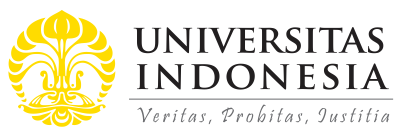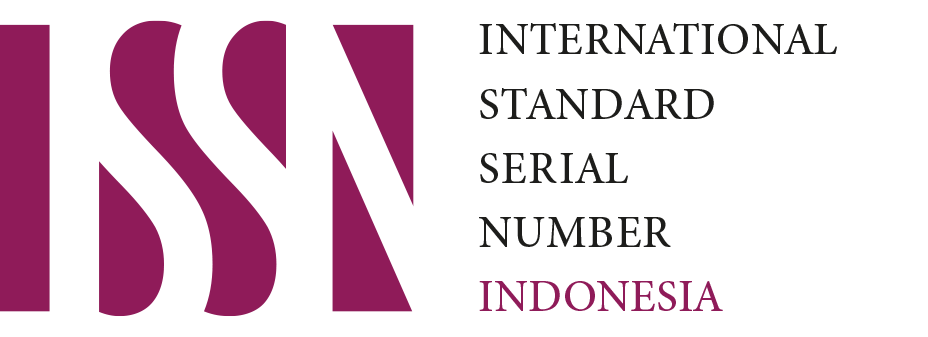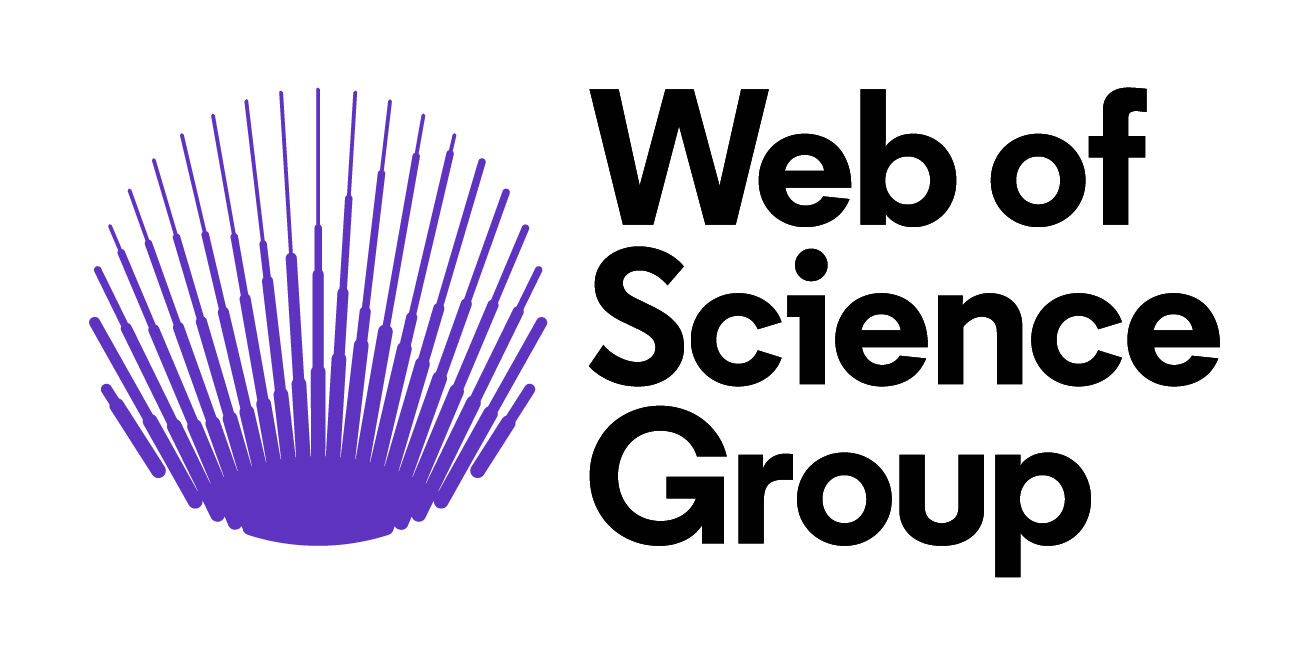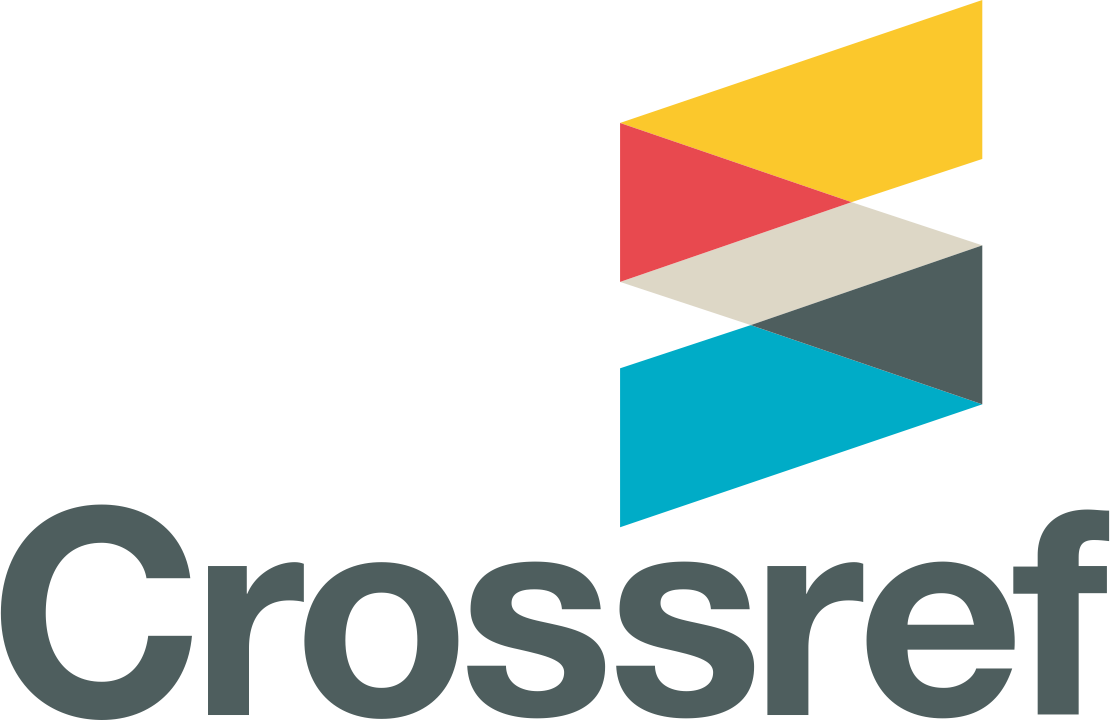Abstract
This study investigates the dynamics of information flow between foreign currencies and theJakarta Composite Index (JKSE) in the pre-, during and post-2014 Indonesian Presidential elections. Based on a systematic analytical framework, the study provides a clearer picture to link the foreign currencies of trade partners to Jakarta Stock Exchange. Using the VAR model with daily data from 2 January 2013 to 31 July 2015, our results show: First, JKSE appears to be endogenous during the pre-election period. The endogenous relationship implies that the EUR, HKD and CNY influence the benchmark index. Second, JKSE appears to be exogenous during the election year. The exogenous relationship implies information flow from JKSE to six foreign currencies. Third, during the postelection period, there is information flow from the Japanese Yen and Saudi Riyal to JKSE. In addition, there is information outflow from JKSE to three foreign currencies. This study concludes that the foreign currency market is subtly linked to JKSE. Our results imply a need to guard against capital flight during uncertainties as the foreign fund may exit the market. Deeper economic ties can be made with foreign trade partners willing to inject capital during economic recovery in the short run.
Recommended Citation
Ridwan, Muhamad Fahri and Lau, Wee-Yeap
(2021)
"Short-run Dynamics Between Foreign Currency and Jakarta Composite Index During Indonesian Presidential Election,"
Indonesian Capital Market Review: Vol. 13:
No.
2, Article 5.
DOI: 10.21002/icmr.v13i2.13359
Available at:
https://scholarhub.ui.ac.id/icmr/vol13/iss2/5












